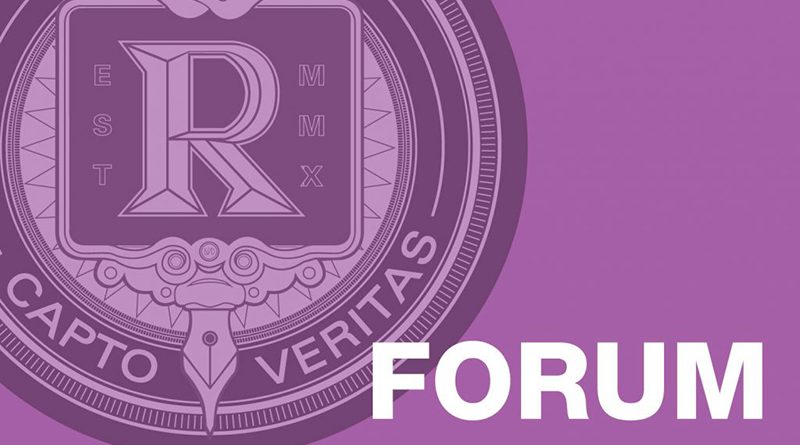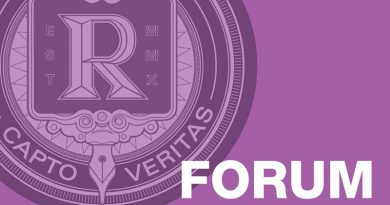China’s Goal Of A Unified Society Harms Minority Groups
In many ways, China has been described as a police state. Considering the direction which their technological advances have taken the country, there’s a touch of Orwellian despair in the air. Perhaps an even bigger brother than what George Orwell’s 1984 could even conjure. The country is maintaining a steady increase of state surveillance, which is managed through the social credit score, an incentive from the Communist Party of China that rewards “good behavior.”
Or take for example the electrical vehicles that now give China’s government real time information on the car’s model, mileage, battery charge, and precise location.
As we speak, a gait recognition system is being developed by the Chinese firm Watrix, that allows cameras to recognize a person based on their silhouette and the way that they walk.
In their attempt to harness data and artificial intelligence, the Communist Party of China is creating a different type of policing that is even more capable of predicting and eliminating threats to the ruling party.
This can be seen in the government’s effort to haul thousands of minority ethnic communities to “vocational training centers” revealed to be re-education internment camps.
The Uyghur population are a Muslim minority concentrated in Xinjiang, located in the north-west region of China, who are facing repression from the Communist Party of China. Uyghurs, Kazakhs, and other ethnic minorities are being hauled into what China claims to be re-education camps designed to equip these groups with vocational skills. However, these re-education camps employ different tactics that facilitate political indoctrination.
In these camps, detainees are forced to learn Mandarin Chinese (Uyghurs and Kazakhs speak different languages), and learn patriotic songs that praise the Chinese communist party and its history. Detainees who fail to obey guards are punished by being forced to wear an iron suit, an outfit made of metal claws and rods, or have their hands and feet chained for days.
The goal of these internment camps is to promote the communist party’s agenda of creating a united China.
The controversy that revolves around this agenda is the pervasive threat to privacy, even though privacy and individualism aren’t a top priority to China compared to the West’s culture.
China’s government justifies these camps by claiming that they crack down on religious extremism, but what these camps cause is an erasure of cultural and political identity. Gaining a united China through the means of forced cultural and religious assimilation. A contradiction to these camps is the fact the Communist Party of China party has used these ethnic minorities to display a sense of diversity and flavor in the Han centered culture.
The narrative that is being understood here is that people can be different but not so different that the government cannot trust them.
The constant surveillance can go as far as having government mandated guards living with ethnic families to educate them about the Communist Party’s policies. What is being showcased is the pervasive indoctrination of marginalized peoples.




